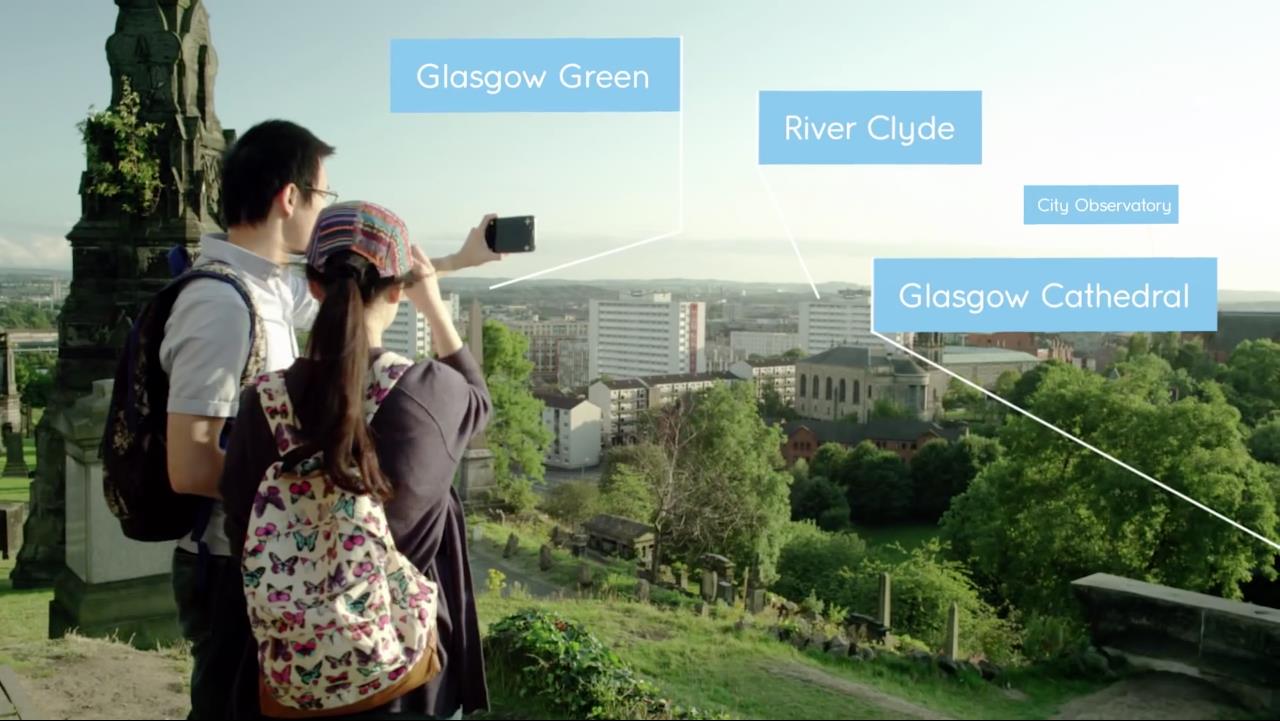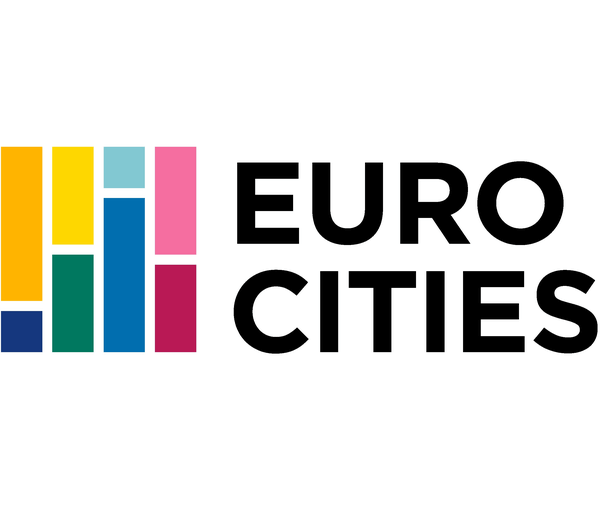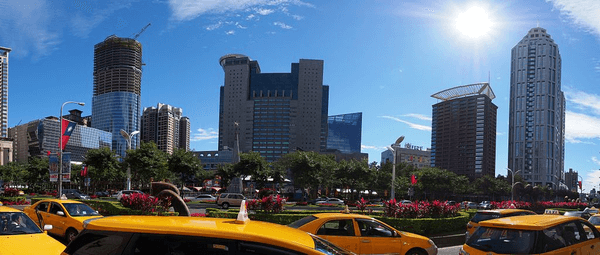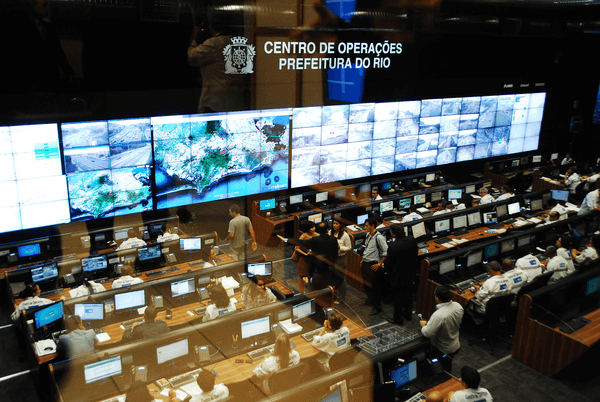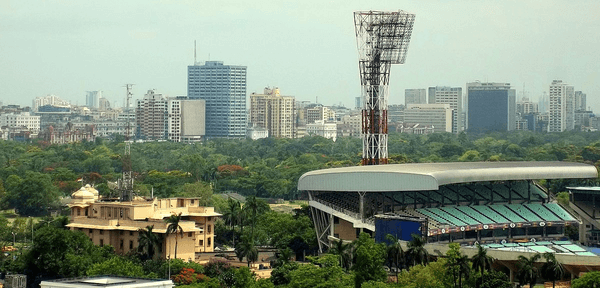City
Glasgow, United Kingdom
Size and population development
On June 30, 2019, the National Records of Scotland recorded the population of the city of Glasgow at 633,120 and increase of 1.1% since 2018. The City covers an area of 175km2 with a population density of 4,0233 people per km2. In the period 2018-19, the level of in-migration in Glasgow City was 35,620, a 4.5% increase from 34,080 in the period 2017-18. The level of out-migration in Glasgow City was 29,350, which is a 2.2% increase from 28,720 in 2017-18.
Population composition
The population is comprised of 51% females and 49% males. The 0-15 age group population is recorded at 15.9% of the population, the 16-64 at 70.6% and 65+ at 13.5%.
The official languages spoken in Glasgow are English, Scots Glaswegian and Gaelic.
The Church of Scotland and the Roman Catholic Church are the two largest Christian denominations in the city.
Main functions
Glasgow is the most populous city in Scotland and the greater metropolitan area is the fifth most populous urban area in the United Kingdom. The city is located on the banks of the River Clyde in West Central Scotland. Many of Scotland’s national arts organisations are based in Glasgow, including the Scottish Opera, Scottish Ballet, National Theatre of Scotland, Royal Scottish National Orchestra and the Scottish Youth Theatre. In 2008 Glasgow was appointed a UNESCO City of Music.
Main industries / business
Glasgow’s economy includes traditional heavy engineering as well as advanced engineering and manufacturing, aerospace technology and development, information and communication technology, software engineering renewable energy and low-carbon innovations, development and production of pharmaceuticals, bioinformatics and medical technology. Glasgow has a large retail sector and is a centre of film and television production, BBC Scotland is based there.
Sources for city budget
The Scottish Government seeks to distribute its funding fairly between councils. It does this by agreeing the method of distribution with the Convention of Scottish Local Authorities (COSLA) and councils. Councils are mainly funded from four sources: Scottish Government grant, service income, non-domestic rates, and Council tax.
Political structure
Glasgow City Council is the local government authority for the City of Glasgow. It was created in 1996 under the Local Government (Scotland) Act.
Administrative structure
The council is ceremonially headed by the Lord Provost of Glasgow who is elected to convene the council and perform associated tasks as a general civic leader and Lord Lieutenant; the role has history dating from the 15th century.
The council consists of 85 councillors who are elected for five-year terms by the single transferable vote system of election. There are 23 electoral wards across the city, each one has 3 or 4 councillors representing it.
The council's executive branch is headed by a Leader of the Council, who is the leader of the largest political grouping.
Website
https://www.glasgow.gov.uk/
